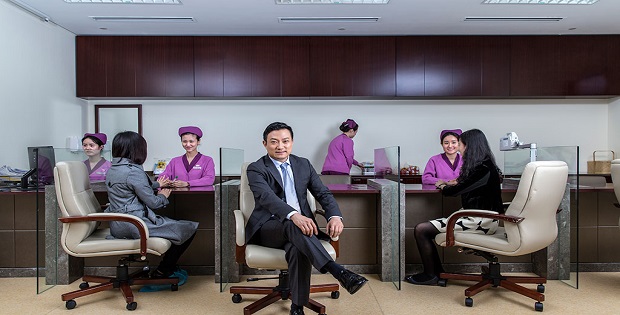See How This Chinese Guy Stop His Studies To Build His Medical Empire!

It is true that life is full of uncertainties and that changes can easily come without any warning. Yet, it is the pure resilience and perseverance, all while willing to adapt and change, that one can seek success.
Twenty years ago Zhang Ligang of Jiangsu Province reached Harvard Medical School in pursuit of a genetics Ph.D.–no small achievement. But his studies were interrupted (he got a master’s degree) by the dot-com craze of the late 1990s. Zhang joined Sohu, one of China’s largest Internet portals, and soon was cofounding eLong, a travel-booking website now listed on Nasdaq.
But he was not long for eLong–the pull of medicine took hold of him again. In 2004 he launched iKang, which means “love health” in Mandarin. Initially it was another Web platform–this time for connecting with doctors–until Zhang early on saw that being a provider in his own right was key.
Now, as a medical-examination chain out of Beijing, iKang has found a significant private foothold in a sector still dominated by the state in China. How? By lining up corporate accounts–now exceeding 20,000. Turns out that much like in the U.S., the way to the doctor’s office for many middle-class Chinese is through their employer.
With its own Nasdaq listing lately yielding a market capitalization of $1.1 billion, iKang is showing there’s a healthy market for access to checkups and disease screening in fields such as internal medicine, gynecology, dental care, pediatrics and cancer. Revenues of $248 million for the fiscal nine months ending Dec. 31 were up 44%, and the company is solidly profitable–net margins were well into the teens.
IKang’s services help people identify potential problems before they feel sick. The company hasn’t ventured into the hospital business, a sector complicated by bureaucracies and rife with corruption. (Drug multinational GlaxoSmithKline last year was fined $489 million for bribing hospital doctors.)
Zhang, 44, built iKang by investing heavily in top-notch medical equipment and directly approaching corporations for contracts. That has gotten it to China’s white-collar workers while most foreign and private providers have struggled, says Damjan P. DeNoble, who heads the China hospital practice of consultancy Rubicon Strategy Group.
READ MORE ON THE NEXT PAGE BELOW!






